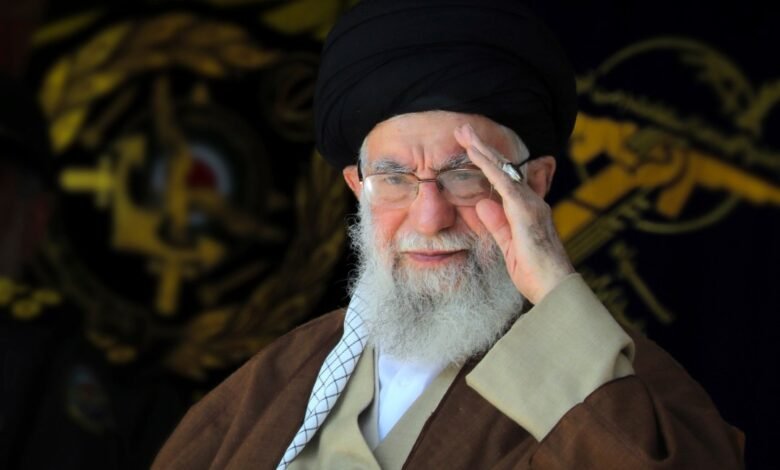Iran’s Supreme Leader Orders Retaliation Against Israel: An Escalating Conflict

In a significant escalation of tensions in the Middle East, Iran’s Supreme Leader Ayatollah Ali Khamenei has ordered the Iranian Armed Forces to launch a direct strike against Israel. This directive comes in retaliation for the assassination of Hamas leader Ismail Haniyeh in Tehran, an event that has shocked Iranian officials and raised concerns about a broader conflict in the region.
The Context of the Assassination
Ismail Haniyeh, a prominent figure in Hamas, was assassinated early on Wednesday morning, shortly after attending the inauguration of Iran’s new president, Masoud Pezeshkian. The assassination is believed to have been orchestrated by Israel, although the Israeli government has neither confirmed nor denied involvement. This incident marks a severe breach of security for Iran, which has struggled to prevent Israeli operations on its soil, particularly against high-profile targets like Haniyeh.
Khamenei’s Directive and Its Implications
Following Haniyeh’s assassination, Khamenei convened an emergency meeting of Iran’s Supreme National Security Council, where he issued orders for a retaliatory strike against Israel. He emphasized that avenging Haniyeh’s death is a duty, framing the attack as a necessary response to what he termed a transgression against Iranian sovereignty. This directive is not merely a reaction to the assassination but also a strategic move to deter future Israeli attacks on Iranian officials and allies, including Hezbollah leader Hassan Nasrallah and Quds Force commander Ismail Qaani.
Iran’s military commanders are reportedly considering a multifaceted approach to retaliation, potentially involving coordinated attacks from allied forces in Yemen, Syria, and Iraq. This strategy aims to maximize the impact of Iran’s response while avoiding civilian casualties, a significant concern in the context of previous conflicts.
The Broader Consequences of Escalation
The potential for escalation in this conflict is substantial. Analysts suggest that Iran’s response will be closely monitored not only by Israel but also by the United States, which has reaffirmed its commitment to Israel’s security in light of these developments. U.S. Secretary of Defense Lloyd Austin has indicated that Washington will support Israel if necessary, further complicating the dynamics of the situation.
If Iran proceeds with its planned strikes, the consequences could be dire. A direct military confrontation between Iran and Israel could trigger a wider regional conflict, drawing in various allied and opposing forces. The “axis of resistance,” which includes groups like Hezbollah and various militias in Iraq, may be mobilized in solidarity with Iran, leading to a broader confrontation that could destabilize the entire region.
Conclusion
The order by Ayatollah Ali Khamenei for a direct strike against Israel marks a pivotal moment in the ongoing conflict between Iran and Israel, particularly in the context of the Israeli-Palestinian struggle. As tensions rise, the international community watches closely, aware that the repercussions of this conflict could extend far beyond the immediate actors involved. The situation remains fluid, and the coming days will be crucial in determining whether Iran’s retaliation will escalate into a full-scale war or if diplomatic avenues can be explored to de-escalate tensions.
For latest news and updates on current affairs, click here.



